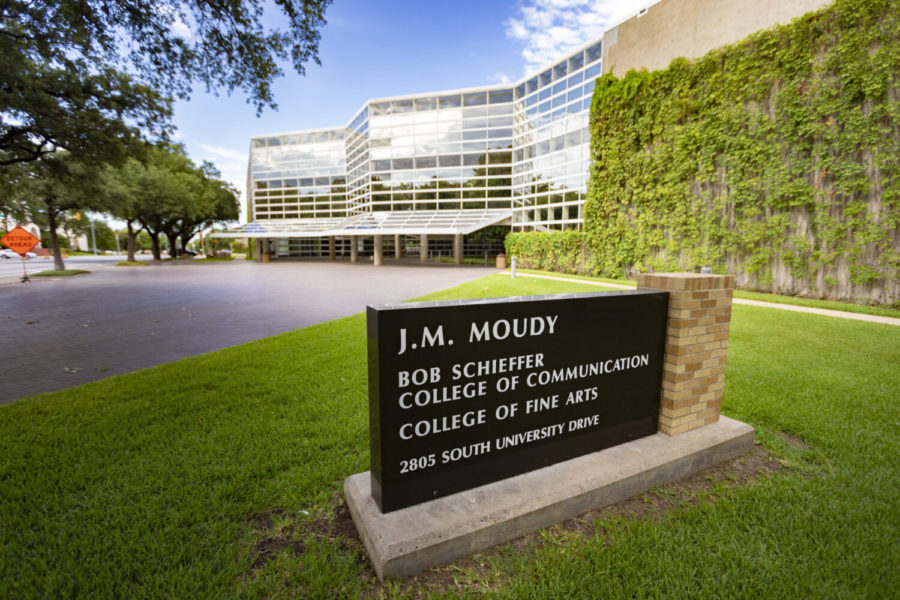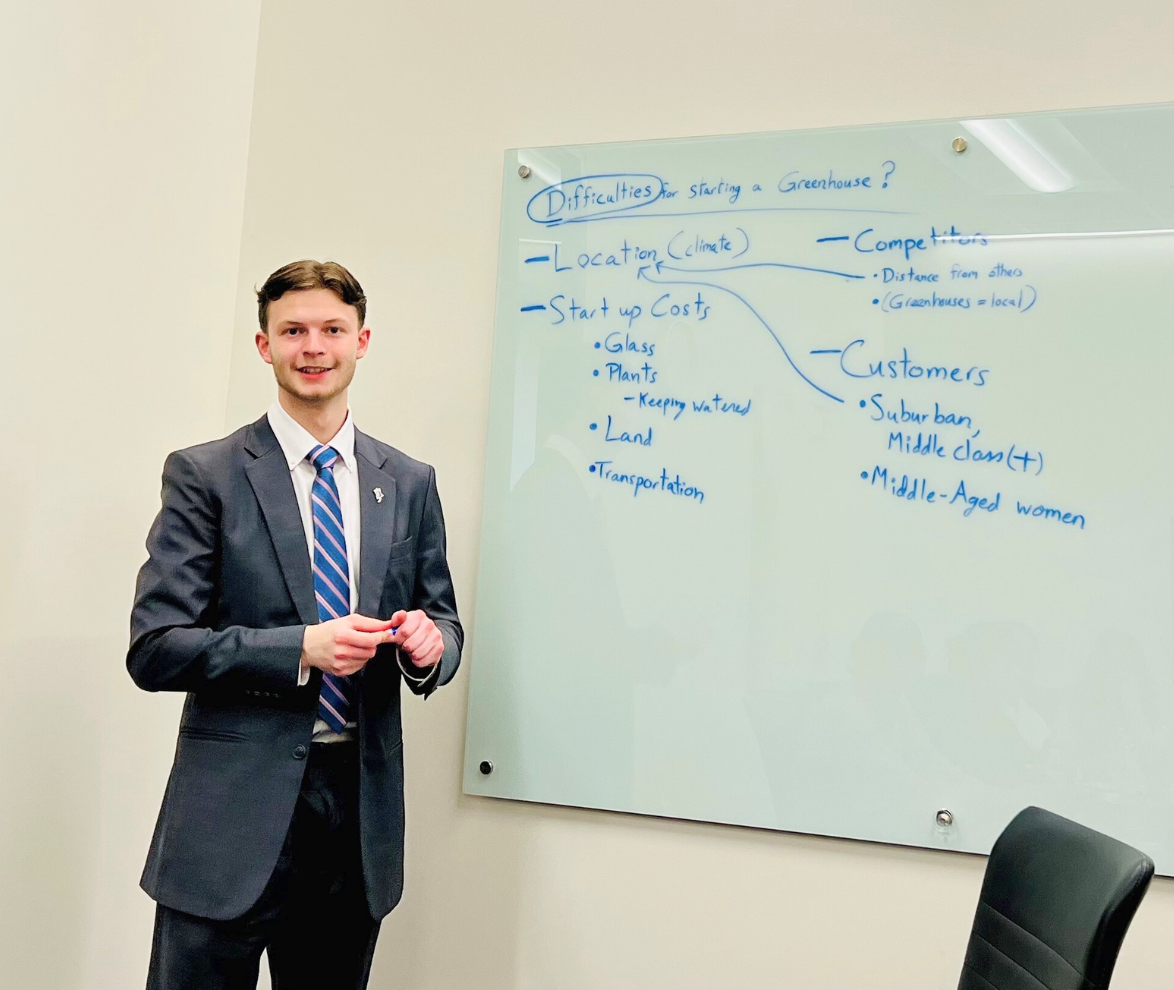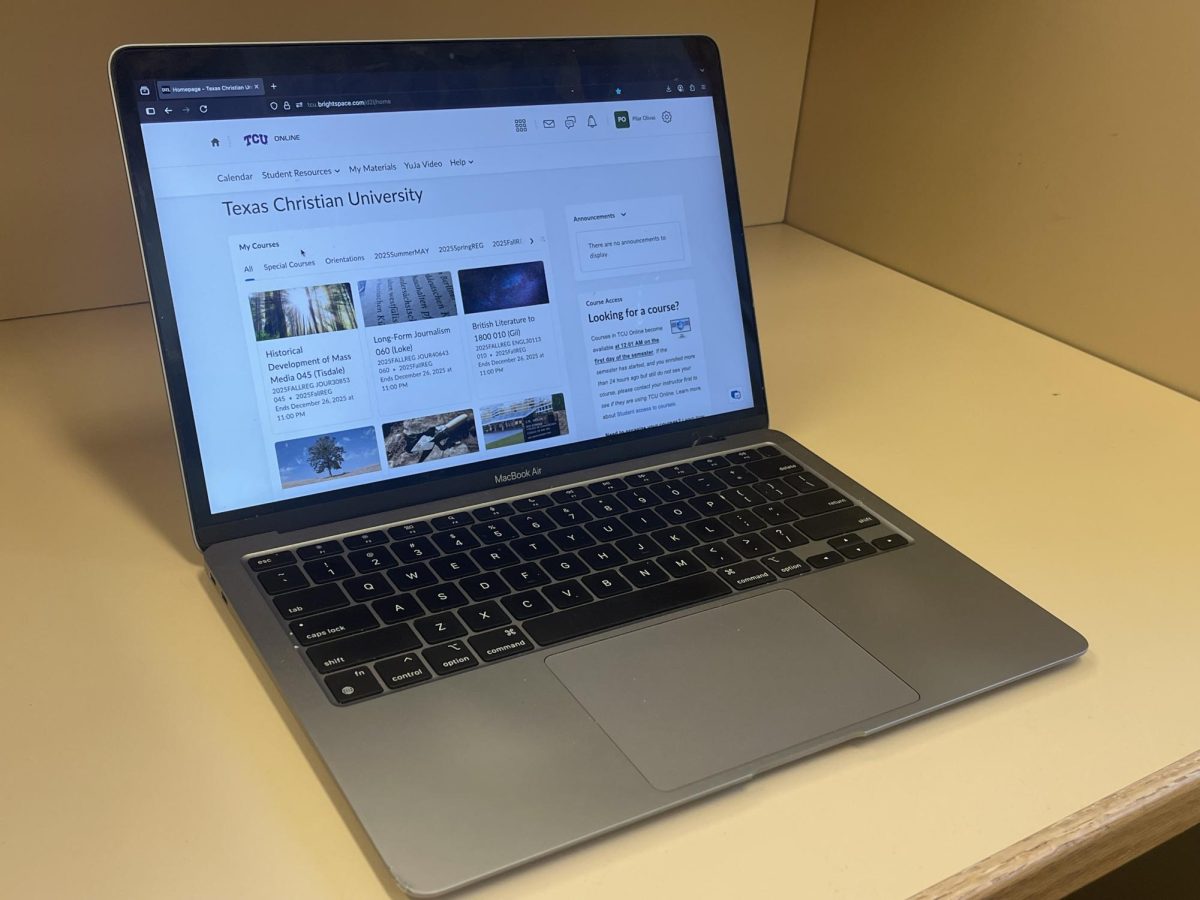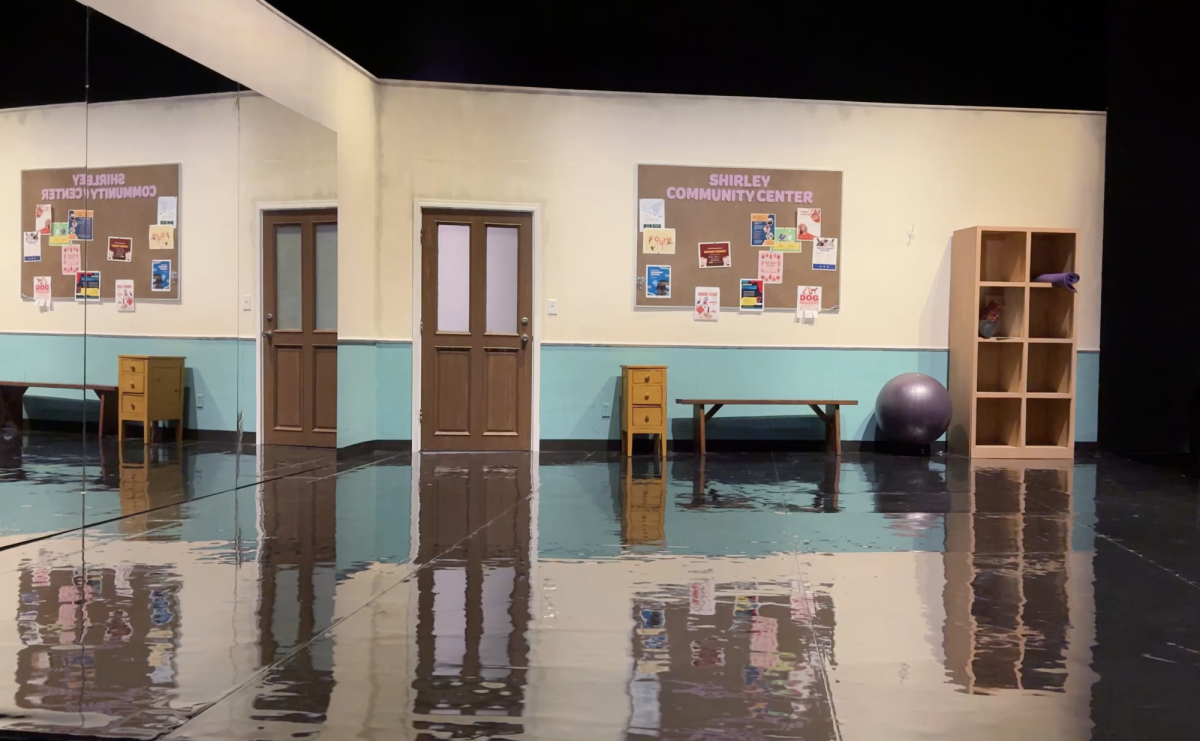Students in the Film, Television and Digital Media Department’s documentary production course have spent the fall semester capturing life at TCU amid COVID-19 for a virtual documentary project.
The project, called “Campus Reboot,” is an interactive, collaborative, web-based documentary project. It was created by Susan Cardillo, an assistant professor of digital media and journalism at the University of Hartford, with the goal of documenting life at college campuses around the world during the pandemic. Seventeen universities across three continents have begun work on the project.
Charity Robinson, an instructor of many of the production courses in the FTDM department including the documentary production course, is responsible for involving TCU in Campus Reboot.
“I discovered this project through the Broadcast Education Association and was immediately drawn to the collaborative nature of the documentary,” Robinson said. “I was excited for students to have the opportunity to participate in such an important and timely project.”
Robinson and her students began work on the project in August as an alternative to the conventional documentaries the class has made in years past. Robinson said in a year like this one, it’s important for the students to get as much hands-on experience as they can, and Campus Reboot has allowed them to do that.
“While this semester’s class is structured differently than it has been in the past, students have embraced the unique challenges of this semester with a positive attitude and strong performance in their work,” Robinson said.
In a normal semester, students would have already started the process of creating a full-length documentary just like Worthy of More, the film about the issue of human trafficking in the DFW area that was produced last fall. However, because of the complications from the pandemic, this semester’s students have had to adapt to the format of the web-based project.
“In an industry that’s constantly evolving, this project has been a prime example of how we must creatively adapt in less than ideal circumstances, to continue producing high-quality productions and valuable contributions to the field of documentary,” Robinson said.
Robinson discussed how her students have done remarkable work in representing the many ways the pandemic has disrupted and altered their lives.
“Across the country, students have experienced a semester of university life that is vastly different than years past,” Robinson said. “As we participate in this historical moment in time, students in the class have creatively used the lens of their time on campus or in their remote learning environment to capture the pandemic.”
With the increased uncertainty of COVID-19, there is still much unknown about how future semesters are going to operate, so students in Robinson’s documentary class maybe be applying their skills to projects like Campus Reboot well into the future. However, Robinson said this isn’t a bad thing.
Projects like Campus Reboot are becoming increasingly popular in the film and television industries, so these students are still gaining experience in an ever-changing career field.










